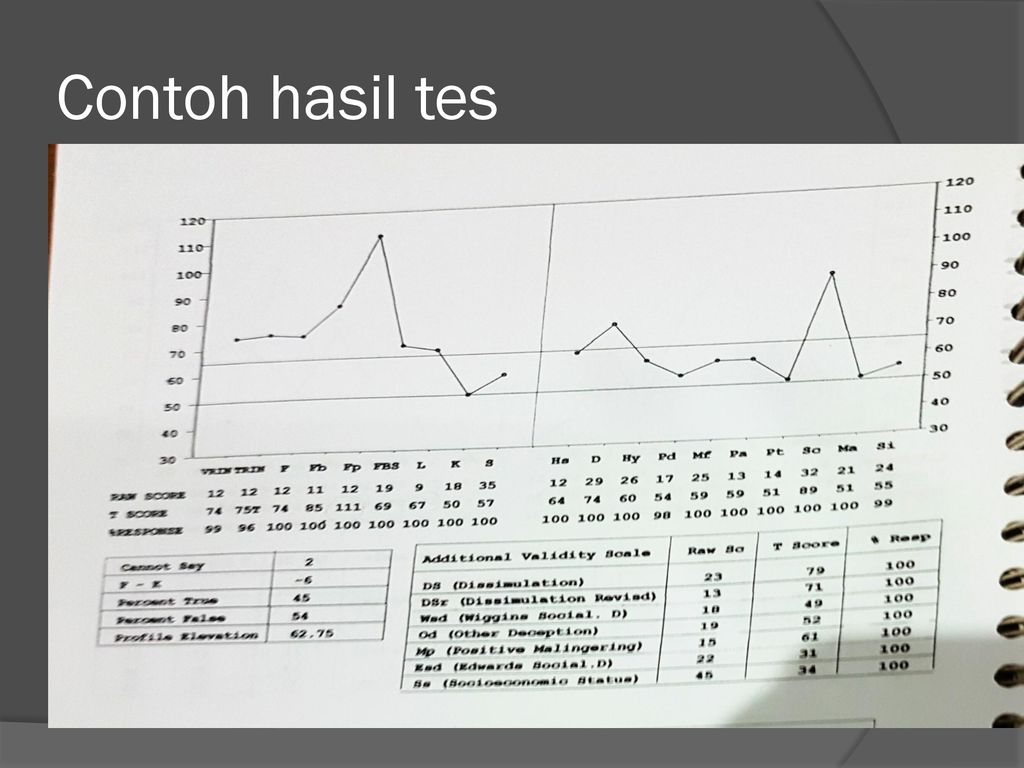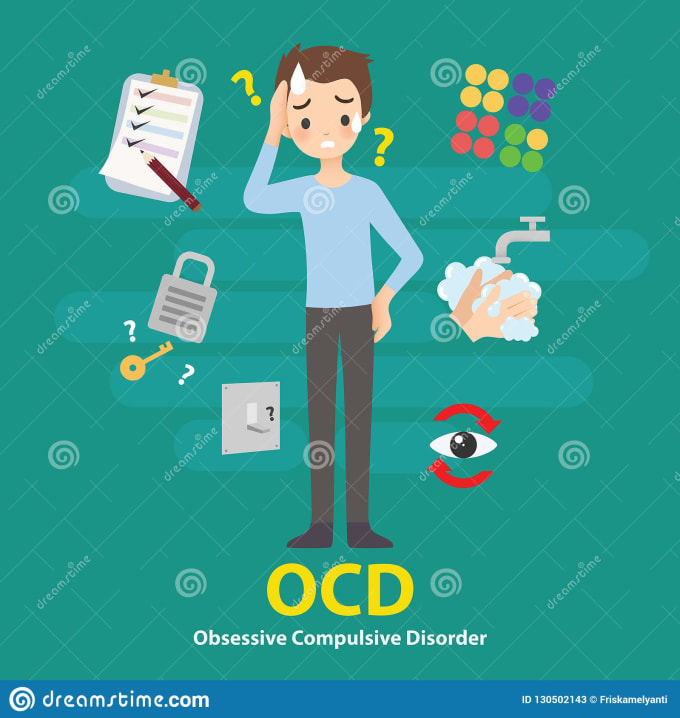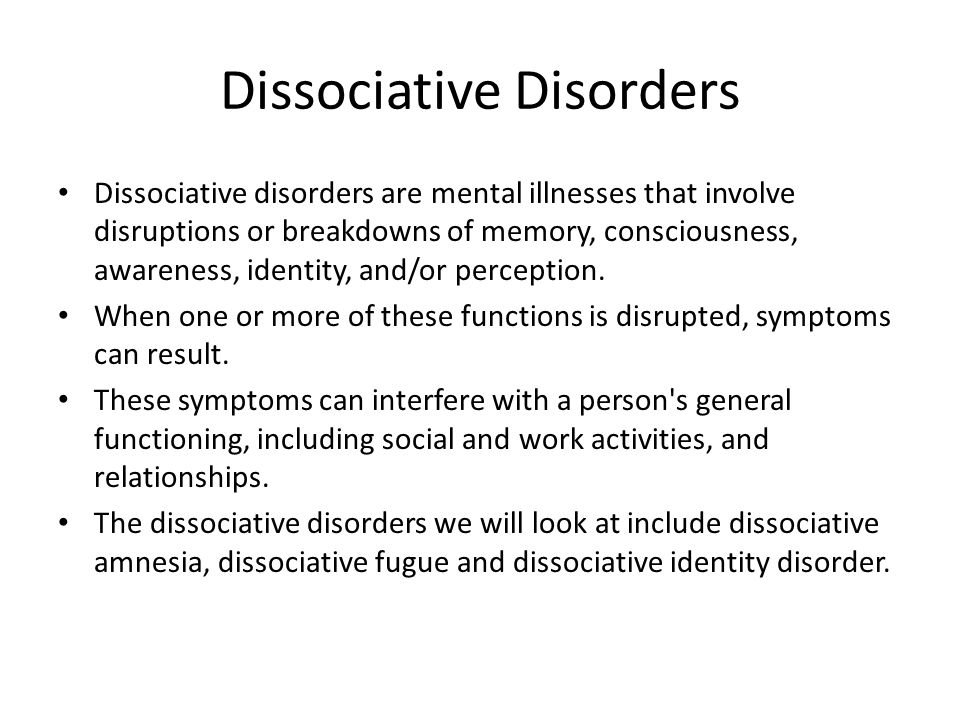Manipulating behaviour in relationships
6 Signs of Manipulation in Relationships
Are you feeling confused or guilty and not sure why? You could be sensing manipulation. Identifying the signs can help.
Emotional manipulation in relationships can be difficult to recognize.
Some manipulation tactics can be so subtle that you may end up constantly examining your own behavior rather than the other person’s.
Being on the receiving end of manipulation tactics in a relationship can have an impact on your mental health. But by learning to identify the signs, you can protect yourself and act on the situation.
Psychological manipulation often refers to words, omissions, and actions that attempt to control how another person feels, thinks, and behaves. This may affect their perspective of themselves, the relationship, and the world in general.
Persistent manipulation in relationships can affect your self-esteem and may cause you to experience symptoms of anxiety or depression.
Manipulation isn’t exclusive to family and romantic relationships. It can also turn up in friendships and even work-related relationships.
Manipulation can also happen on a large scale through media coverage, advertising, or political campaigns.
There are several signs to look out for that may indicate you’re experiencing manipulation in your relationship.
1. You try to ignore your gut
The first red flag may be that gut feeling that something isn’t right or that you persistently end up doing things you don’t want to. You may ignore this feeling and try to convince yourself that everything’s OK.
The phrase “trust your gut” is particularly useful when you think you might be experiencing manipulation.
For example, say you’re upset because it seems that your partner is always on their phone during your dates. You bring it up with them, but you notice that they get really mad, really quick.
The conversation then turns to how you seem to have ruined your special date by causing an argument. So, you forget about what you wanted to say and try to appease them instead. Meanwhile, your partner checks their phone again.
Meanwhile, your partner checks their phone again.
“What just happened?” you ask yourself, but brush it off because you don’t want to create more friction.
2. You wonder: Is it you?
If you’re starting to doubt yourself and your own motives, you may be on the receiving end of a manipulation tactic.
Maybe you were once confident in your ability to handle a particular situation, and now you’re beginning to question your capabilities. You may even question whether you’re “the problem” in the relationship.
For example, you try telling your partner again how you feel about them spending so much time on their phone. But they say that you do it too and that you’re always trying to find a reason to fight.
You don’t feel this is actually the case, but after the third time you hear this argument, you wonder if the problem is you’re not letting go of the small things. Maybe you could just “chill” and enjoy the evening.
3. You feel guilty
A common sign that someone may be emotionally manipulating you may be that you’ve started to feel guilty or embarrassed for acting in certain ways in the relationship.
For example, you work two jobs and hardly have time for yourself. Then comes your first day off in months, and you decide to spend it at home, in your PJs, watching TV.
When you tell this to your mother, you notice she seems upset. When you ask her what’s wrong, she tells you she can’t believe you’re not coming to visit her on your day off. You suddenly feel so guilty that you end up spending your day helping her around her home.
Although this scenario can play this way for many different reasons, it’s a red flag if you persistently feel guilty for not saying or doing what you want to.
The manipulator is expressing displeasure about something you say or do, particularly when you attempt to establish boundaries. Then, you end up giving in to make the other person happy and relieve your guilt.
4. Your sense of self is blurred
A common sign of manipulation in relationships is when you start losing a sense of who you are after following someone else’s overt or covert demands to give up your opinions and interests.
In some romantic couples, one partner may adopt the other person’s lifestyle and interests to avoid conflict, for example.
It may be that your partner persistently avoids spending time with your friends and family or doing things that you enjoy. If you want to spend time with them, you seem to have to do what they want.
In family relationships, it may be that you don’t feel you can fully express who you are as a person as well as your life choices, and you may act differently when you’re around them.
5. You walk on eggshells
Perhaps you think of fear as an intense emotion or reaction to a threat. But fear can also manifest as a hesitation to act or say certain things in order to avoid conflict or friction.
You may not even be aware of how you feel — you just automatically avoid certain topics or actions.
Some people may use anger as a manipulation tactic. Their outbursts can get other people to back off or change their behavior to avoid the reaction.
You may see this dynamic when a parent warns their child not to do something or else the other parent may get mad.
As an adult, you may also become hyperaware of your behaviors or experience signs of anxiety without a clear trigger. You could think about every decision in terms of, “What will the other person do?”
For example, you may want to go to your friend’s birthday party, but you know your partner doesn’t like them. Last time you spent time with your friend, your partner didn’t speak to you for hours.
This time, you think about it twice before accepting the invitation, anticipating that you may have to deal with your partner’s displeasure if you do.
6. You begin to question your mental health
Not only can manipulation cause stress and anxiety, but it can also make you feel confused and insecure about your behaviors and emotions.
You may begin to wonder if your reactions are symptoms of mental health conditions.
Manipulation tactics like gaslighting are most often the cause of these feelings.:no_upscale()/imgs/2018/07/27/12/2337712/de54b27b7ab02f87a7e68b027d6ab2e0b0cf96d8.jpg)
For example, you’re discussing your next vacation with your partner, and they ask why you’re not considering Cancun.
You remind them that when they visited last time, they say they had a terrible time. They reply, “I never said such a thing! You imagined it.”
You’re convinced they did complain several times and said they wouldn’t return to this place. But maybe you did imagine it? After all, according to your partner, it seems to happen to you often.
When someone constantly gaslights you, you start to question your memory and well-being to the point that you’re not sure whether certain things happened at all. “Curiously” enough, it only seems to happen to you around this person.
There are different types of manipulation. Three of the most common ones are:
- Guilt induction. The person manipulating you may imply something negative has happened to you because of someone else, or or they may play on your insecurities to make you feel guilty.
 This includes playing the victim.
This includes playing the victim. - Ingratiation. They may deliberately establish themselves in your good graces to get something from you or to get ahead.
- Deceit. They may be dishonest by misrepresenting or hiding the truth.
But manipulation in relationships can also come in other packages that may not be as straightforward or easy to identify.
Other manipulation techniques may include:
- Love-bombing. They may give you intense and persistent attention and affection to quickly create emotional interest and dependency.
- Gaslighting. They may dismiss you to make you doubt and question yourself.
- Passive-aggressive behavior. They might make sarcastic comments or jokes that can be later dismissed with “I was just joking” or “You take everything too personally.”
- Triangulation. They might bring another person into the mix to justify an opinion or make you feel insecure.

- Covert or overt threats. They may want to instill fear in you with certain comments or behaviors.
- Silent treatment. They may ignore you or cease talking to you as a form of emotional punishment.
Not everyone who manipulates is actually aware they do. They may think that’s how relationships work or even believe you manipulate them too and they need to respond.
In some instances, they may be aware of their actions but not of how they affect you.
Then, there are those who play manipulation games, knowing full well what they’re doing and what impact these actions have on others.
This doesn’t necessarily make them the “bad guy.” Instead, it may indicate that they’re living with a mental health condition that could require professional support.
Although research suggests that most people engage in some form of manipulation from time to time, people who use manipulative tactics regularly may have complex reasons for their need for control.
These reasons may include:
- having a cluster B personality disorder, such as narcissistic personality disorder (NPD) or histrionic personality disorder
- having been raised in a household where manipulation tactics were typically used
- fearing losing control or being judged
- having poor communication skills that hamper the ability to communicate needs effectively
- engaging in defense mechanisms
- having an anxious attachment style
Identifying the signs of manipulation in relationships is the first step to protecting yourself. Here are some other precautions you can take:
Be aware of your emotions as you interact with someone
Try to pay attention to how you feel around this person.
If you experience uncomfortable emotions like self-doubt, fear, or guilt, consider taking some time away from them to think clearly about what’s happening.
Keep the conversation on topic
People who use manipulation tactics often divert conversations off subject.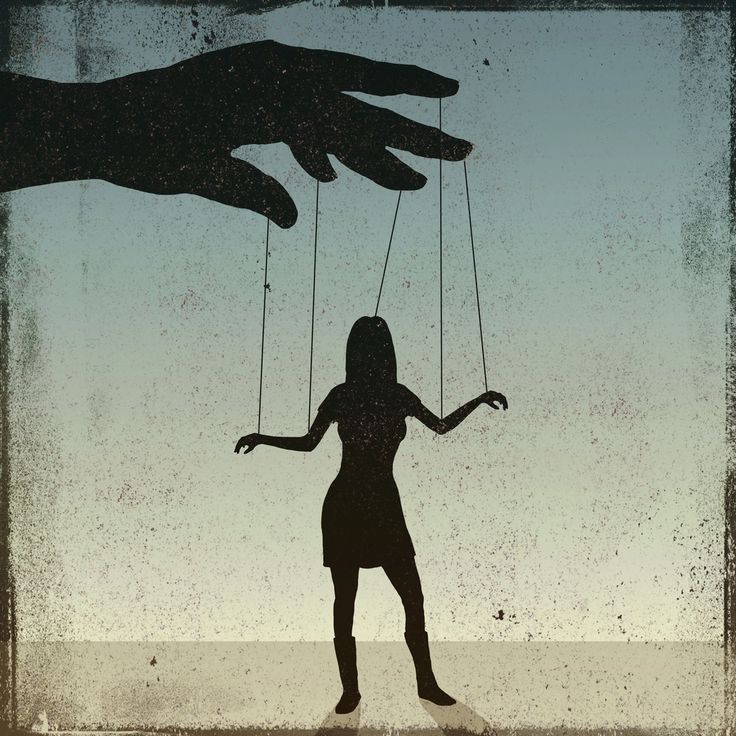 This could be to either distract you from the real issue or to further their goal of leading the interaction.
This could be to either distract you from the real issue or to further their goal of leading the interaction.
Remaining laser-focused on the topic can help prevent the conversation from going in the direction they desire.
Establish boundaries
Unclear boundaries in relationships can make it easier for manipulation to occur. It can be helpful to identify the boundaries you’d like to establish in this relationship and work towards implementing them.
Although it’s easier to establish boundaries early in a relationship, it’s never too late to consider gently yet firmly communicating what you will or won’t tolerate.
Most people can change when they decide to do so and get the support they require for this. However, when someone’s not aware of their behaviors or they don’t have the desire to change, this transition is less likely.
This is why it’s important to focus on yourself and what you want out of the relationship. The rest may not be up to you.
Although everyone occasionally uses manipulation tactics, some people use them persistently in relationships.
Some manipulation techniques may be harder to spot, but identifying them may help you stay protected and make decisions about your relationship.
Staying in a relationship where manipulation tactics are constantly used may have a great impact on your confidence and mental health.
Change is possible, but it’s up to the other person to initiate it. This is why it’s important to focus on yourself first and come up with ways to establish clear boundaries.
6 Signs of Manipulation in Relationships
Are you feeling confused or guilty and not sure why? You could be sensing manipulation. Identifying the signs can help.
Emotional manipulation in relationships can be difficult to recognize.
Some manipulation tactics can be so subtle that you may end up constantly examining your own behavior rather than the other person’s.
Being on the receiving end of manipulation tactics in a relationship can have an impact on your mental health. But by learning to identify the signs, you can protect yourself and act on the situation.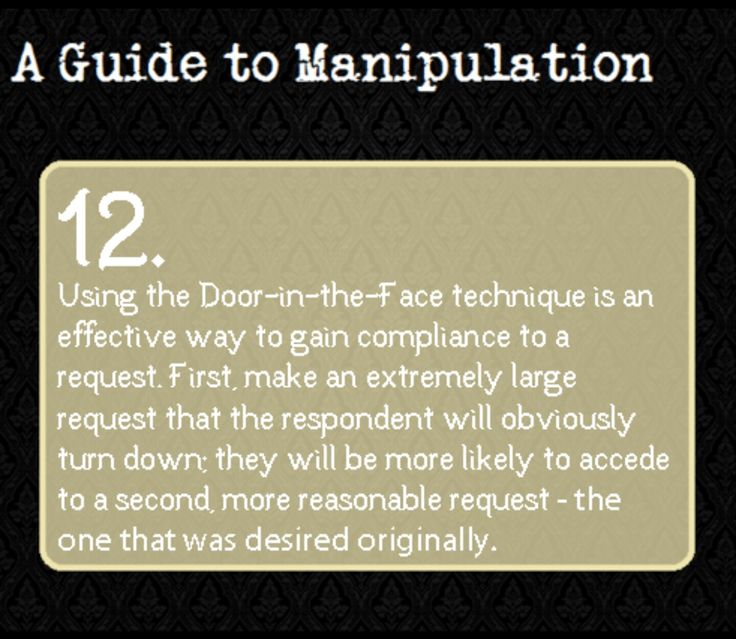
Psychological manipulation often refers to words, omissions, and actions that attempt to control how another person feels, thinks, and behaves. This may affect their perspective of themselves, the relationship, and the world in general.
Persistent manipulation in relationships can affect your self-esteem and may cause you to experience symptoms of anxiety or depression.
Manipulation isn’t exclusive to family and romantic relationships. It can also turn up in friendships and even work-related relationships.
Manipulation can also happen on a large scale through media coverage, advertising, or political campaigns.
There are several signs to look out for that may indicate you’re experiencing manipulation in your relationship.
1. You try to ignore your gut
The first red flag may be that gut feeling that something isn’t right or that you persistently end up doing things you don’t want to. You may ignore this feeling and try to convince yourself that everything’s OK.
The phrase “trust your gut” is particularly useful when you think you might be experiencing manipulation.
For example, say you’re upset because it seems that your partner is always on their phone during your dates. You bring it up with them, but you notice that they get really mad, really quick.
The conversation then turns to how you seem to have ruined your special date by causing an argument. So, you forget about what you wanted to say and try to appease them instead. Meanwhile, your partner checks their phone again.
“What just happened?” you ask yourself, but brush it off because you don’t want to create more friction.
2. You wonder: Is it you?
If you’re starting to doubt yourself and your own motives, you may be on the receiving end of a manipulation tactic.
Maybe you were once confident in your ability to handle a particular situation, and now you’re beginning to question your capabilities. You may even question whether you’re “the problem” in the relationship.
For example, you try telling your partner again how you feel about them spending so much time on their phone. But they say that you do it too and that you’re always trying to find a reason to fight.
You don’t feel this is actually the case, but after the third time you hear this argument, you wonder if the problem is you’re not letting go of the small things. Maybe you could just “chill” and enjoy the evening.
3. You feel guilty
A common sign that someone may be emotionally manipulating you may be that you’ve started to feel guilty or embarrassed for acting in certain ways in the relationship.
For example, you work two jobs and hardly have time for yourself. Then comes your first day off in months, and you decide to spend it at home, in your PJs, watching TV.
When you tell this to your mother, you notice she seems upset. When you ask her what’s wrong, she tells you she can’t believe you’re not coming to visit her on your day off. You suddenly feel so guilty that you end up spending your day helping her around her home.
Although this scenario can play this way for many different reasons, it’s a red flag if you persistently feel guilty for not saying or doing what you want to.
The manipulator is expressing displeasure about something you say or do, particularly when you attempt to establish boundaries. Then, you end up giving in to make the other person happy and relieve your guilt.
4. Your sense of self is blurred
A common sign of manipulation in relationships is when you start losing a sense of who you are after following someone else’s overt or covert demands to give up your opinions and interests.
In some romantic couples, one partner may adopt the other person’s lifestyle and interests to avoid conflict, for example.
It may be that your partner persistently avoids spending time with your friends and family or doing things that you enjoy. If you want to spend time with them, you seem to have to do what they want.
In family relationships, it may be that you don’t feel you can fully express who you are as a person as well as your life choices, and you may act differently when you’re around them.
5. You walk on eggshells
Perhaps you think of fear as an intense emotion or reaction to a threat. But fear can also manifest as a hesitation to act or say certain things in order to avoid conflict or friction.
You may not even be aware of how you feel — you just automatically avoid certain topics or actions.
Some people may use anger as a manipulation tactic. Their outbursts can get other people to back off or change their behavior to avoid the reaction.
You may see this dynamic when a parent warns their child not to do something or else the other parent may get mad.
As an adult, you may also become hyperaware of your behaviors or experience signs of anxiety without a clear trigger. You could think about every decision in terms of, “What will the other person do?”
For example, you may want to go to your friend’s birthday party, but you know your partner doesn’t like them. Last time you spent time with your friend, your partner didn’t speak to you for hours.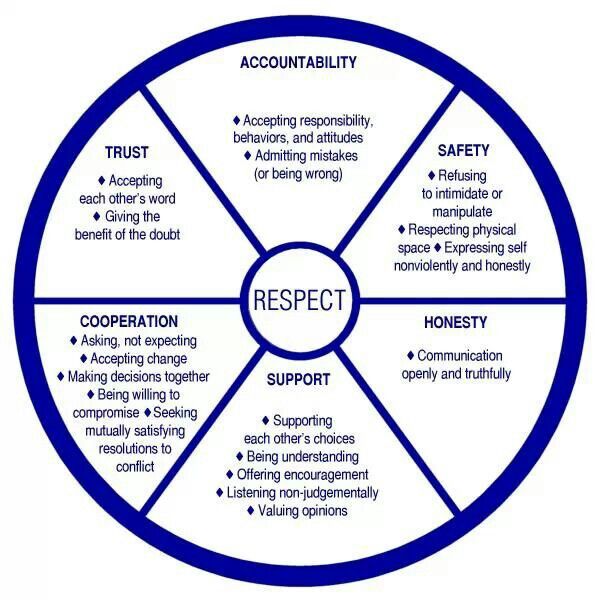
This time, you think about it twice before accepting the invitation, anticipating that you may have to deal with your partner’s displeasure if you do.
6. You begin to question your mental health
Not only can manipulation cause stress and anxiety, but it can also make you feel confused and insecure about your behaviors and emotions.
You may begin to wonder if your reactions are symptoms of mental health conditions.
Manipulation tactics like gaslighting are most often the cause of these feelings.
For example, you’re discussing your next vacation with your partner, and they ask why you’re not considering Cancun.
You remind them that when they visited last time, they say they had a terrible time. They reply, “I never said such a thing! You imagined it.”
You’re convinced they did complain several times and said they wouldn’t return to this place. But maybe you did imagine it? After all, according to your partner, it seems to happen to you often.
When someone constantly gaslights you, you start to question your memory and well-being to the point that you’re not sure whether certain things happened at all. “Curiously” enough, it only seems to happen to you around this person.
There are different types of manipulation. Three of the most common ones are:
- Guilt induction. The person manipulating you may imply something negative has happened to you because of someone else, or or they may play on your insecurities to make you feel guilty. This includes playing the victim.
- Ingratiation. They may deliberately establish themselves in your good graces to get something from you or to get ahead.
- Deceit. They may be dishonest by misrepresenting or hiding the truth.
But manipulation in relationships can also come in other packages that may not be as straightforward or easy to identify.
Other manipulation techniques may include:
- Love-bombing.
 They may give you intense and persistent attention and affection to quickly create emotional interest and dependency.
They may give you intense and persistent attention and affection to quickly create emotional interest and dependency. - Gaslighting. They may dismiss you to make you doubt and question yourself.
- Passive-aggressive behavior. They might make sarcastic comments or jokes that can be later dismissed with “I was just joking” or “You take everything too personally.”
- Triangulation. They might bring another person into the mix to justify an opinion or make you feel insecure.
- Covert or overt threats. They may want to instill fear in you with certain comments or behaviors.
- Silent treatment. They may ignore you or cease talking to you as a form of emotional punishment.
Not everyone who manipulates is actually aware they do. They may think that’s how relationships work or even believe you manipulate them too and they need to respond.
In some instances, they may be aware of their actions but not of how they affect you.
Then, there are those who play manipulation games, knowing full well what they’re doing and what impact these actions have on others.
This doesn’t necessarily make them the “bad guy.” Instead, it may indicate that they’re living with a mental health condition that could require professional support.
Although research suggests that most people engage in some form of manipulation from time to time, people who use manipulative tactics regularly may have complex reasons for their need for control.
These reasons may include:
- having a cluster B personality disorder, such as narcissistic personality disorder (NPD) or histrionic personality disorder
- having been raised in a household where manipulation tactics were typically used
- fearing losing control or being judged
- having poor communication skills that hamper the ability to communicate needs effectively
- engaging in defense mechanisms
- having an anxious attachment style
Identifying the signs of manipulation in relationships is the first step to protecting yourself. Here are some other precautions you can take:
Here are some other precautions you can take:
Be aware of your emotions as you interact with someone
Try to pay attention to how you feel around this person.
If you experience uncomfortable emotions like self-doubt, fear, or guilt, consider taking some time away from them to think clearly about what’s happening.
Keep the conversation on topic
People who use manipulation tactics often divert conversations off subject. This could be to either distract you from the real issue or to further their goal of leading the interaction.
Remaining laser-focused on the topic can help prevent the conversation from going in the direction they desire.
Establish boundaries
Unclear boundaries in relationships can make it easier for manipulation to occur. It can be helpful to identify the boundaries you’d like to establish in this relationship and work towards implementing them.
Although it’s easier to establish boundaries early in a relationship, it’s never too late to consider gently yet firmly communicating what you will or won’t tolerate.
Most people can change when they decide to do so and get the support they require for this. However, when someone’s not aware of their behaviors or they don’t have the desire to change, this transition is less likely.
This is why it’s important to focus on yourself and what you want out of the relationship. The rest may not be up to you.
Although everyone occasionally uses manipulation tactics, some people use them persistently in relationships.
Some manipulation techniques may be harder to spot, but identifying them may help you stay protected and make decisions about your relationship.
Staying in a relationship where manipulation tactics are constantly used may have a great impact on your confidence and mental health.
Change is possible, but it’s up to the other person to initiate it. This is why it’s important to focus on yourself first and come up with ways to establish clear boundaries.
signs, behavior, what to do - HEROINE
Manipulation is especially difficult to notice in romantic relationships. It can be subtle and unconscious or deliberate and aggressive: in any case, such behavior destroys the bond in a couple.
It can be subtle and unconscious or deliberate and aggressive: in any case, such behavior destroys the bond in a couple.
The main thing in a healthy relationship is partnership, but manipulation turns you into enemies, because it is based on deceit. I tried to figure out what manipulative behavior is, how to recognize it in a partner or in myself, and what to do about it.
Signs of overt unintentional manipulation
Subtle manipulation refers to gestures and intentions that seem harmless but actually create many problems. The person who uses them causes damage without even realizing it.
One of the signs of unintentional manipulation is not saying what you really mean and not showing how you feel. Usually people do this so as not to hurt their partner. But over time, such things break the connection in a pair.
Why is this manipulation and not courtesy or concern? Because at the heart of such behavior are hidden attempts to get what we want - approval, love, avoiding conflict. Your own comfort is more important than solving the problem.
Your own comfort is more important than solving the problem.
This behavior is more common than aggressive manipulation, because many do not realize how harmful it is to relationships. The key is to look for signs of unintentional manipulation in yourself or a partner and create the conditions for frank communication.
Signs of hidden intentional manipulation
Intentional manipulation is more difficult to recognize, because the person understands what he is doing and is trying to confuse you. Here are just a few basic models of manipulative behavior:
- Emotional yo-yo. Its main characteristic is inconsistency. The guy then showers you with caresses and attention, then disappears, behaves distantly or rudely. What looks to you like power surges that are difficult for him to control in himself, is actually a way of manipulation. So the partner develops in you dependence on him.
- Gaslighting. We have already told you how they can convince you of a lie and make you doubt your own adequacy.
 The guy does this in order to develop insecurity in you. You yourself do not understand how this happens: at the beginning of the conversation you catch your partner in an outright lie, and at the end for some reason you apologize. This is one of the most dangerous types of manipulation, but it can also be resisted, and we talked about how to do it.
The guy does this in order to develop insecurity in you. You yourself do not understand how this happens: at the beginning of the conversation you catch your partner in an outright lie, and at the end for some reason you apologize. This is one of the most dangerous types of manipulation, but it can also be resisted, and we talked about how to do it. - Resistance. Silence or ignorance is also the type of manipulation that I hate the most. The guy just stops talking without explaining why. At first you think he had a bad day. By the end of the week, you begin to delve into yourself, remember everything that you said or did before the start of this wordless terrorist act. Like this: without scandals, accusations and any effort, the man made you feel guilty. There can be no objective reasons for such behavior. Does he really believe that the magic power of his silence will unlock psychic abilities in you? There is only one way to make it clear that you have a problem - open your mouth and say it.
 All other attempts to hint are nothing more than manipulation. And the most painful thing about the ignore manipulation is that the guy makes you feel like you don't mean anything.
All other attempts to hint are nothing more than manipulation. And the most painful thing about the ignore manipulation is that the guy makes you feel like you don't mean anything.
What to do if you are being manipulated
The best way to recognize manipulation in a relationship with a guy is to be in tune with your intuition. If you can distinguish instinct from fears in your head, you should trust yourself more often.
If you feel that something is going wrong - solve problems immediately, and do not hush them up.
When it comes to aggressive forms of manipulation, each person decides for himself what emotional abuse is for him and where the boundaries of acceptable behavior lie. There are no right and wrong emotions. Tell your partner that you are uncomfortable and watch their reaction. Pay attention not only to his words, but also to his actions - in manipulative behavior, they tend to diverge. If he tries to devalue your feelings or continues to manipulate, you should consider whether you need such love.
Never settle for a relationship where you have to hide your emotions to keep the peace. When you get into manipulative behavior, it's important to be honest with yourself and your fears.
Add to favorites
Share
Related articles:
Psychologist's blog: how to understand that you are being manipulated
- Elena Savinova
- Psychologist
The author of the photo, Getty Images
Caption before photo,Manipulation can often be found both in family and professional relationships
9006 life is not what we want. And even what we do not want at all.We also justify our actions by the fact that it is useful, fashionable, and one day it will bring the desired results.
And we understand that we were on the wrong path only when it becomes clear: we have come to the wrong place.
If you love, then ... you are not a camel
And all because we easily succumb to various external influences. Which are only designed to make others act in the way that someone else needs, imperceptibly to themselves.
Of course, we have already learned to recognize such common types of manipulation as attribution of guilt, imitation of resentment, playing silent or gross flattery.
- Psychologist's blog: men's crises and how to survive them
- Psychologist's blog: what is needed for happiness?
But there are more complex and veiled methods of influencing consciousness and behavior. It is worth knowing about them so that when making important decisions for yourself, you do not get hooked. And do not let someone take advantage of your confusion, sincerity or conscientiousness.
Regrettably, often, trying to get what they want from each other, people use the trick "if you love, then . .."
.."
And now the ball is on your field. Prove now what you are capable of for the sake of love.
Image copyright, Getty Images
Image caption,Manipulations are restrictions in one form or another
A variation of this manipulation is declaring someone or something "holy".
For example: children, parents, work, going to beer is sacred. So, you are given to understand that, therefore, any discussion is unacceptable. And you automatically have to fulfill someone's whims in the name of love or for the sake of all that is holy.
In such a situation, agree that you love - but you are not going to back up your love for your partner with love for his/her numerous relatives. That a passionate feeling for a girl doesn't correlate in your imagination with spending too much money on her.
Say so: love is not a bargain for you.
Carrot before shafts
Manipulation of hope occurs when we or our partner are afraid to offend each other with a refusal.
Relationships that have exhausted themselves can drag on for years. That as one of the partners is afraid to hurt the other. In fact, he stretches the pain in time, feeding ghostly promises.
Another also understands the hopelessness of the relationship, but manipulates the role of the victim.
- Psychologist's blog: where to get motivation?
- Psychologist Blog: how to keep the identity in marriage
Pass the POSSIST
Podkast
SCHO TS BULO
HEADS ISTORIA TIZHNIA, Yaku Exparatus
VIPUST
4 KISTEDS - a deadline. For example, from a month to six months. If no marriage proposal is received, put an end to it. Perhaps, realizing the loss, the partner will become more determined. Constant irony or sarcasm is often deliberately used by opponents to unbalance a person, to make him angry. And then also accuse of aggressiveness, hysteria.
And then also accuse of aggressiveness, hysteria.
If a person constantly hears ridicule addressed to him: "Oh, you came to work on time! Didn't you sleep this morning?" Or even more disgusting: "Well, is such a beauty able to figure out the estimate? Make better coffee" - hands involuntarily drop. Or, on the contrary, they rise in order, so to speak, to restore justice.
This kind of psychological abuse is often found in the family circle.
For example, the efforts of a wife who has started exercising are nullified as if for a joke by her husband, "Are you losing weight again? There's nothing for you to do."
She, in turn, will answer his attempts to cook something "After such a culinary specialist as you, it takes longer to clean the kitchen." Or, when he sees burnt food, he will remember the signature dish "Ugolek".
Such wits expect you to be offended, and they will rejoice because they provoked you. So don't give them that opportunity. Say that you know who you are dealing with - if they are colleagues.
So don't give them that opportunity. Say that you know who you are dealing with - if they are colleagues.
Avoid mutual ridicule with your loved ones, because behind them there is always hidden discontent and resentment.
Avoiding conversation
Switching arrows and avoiding conversation is the psychological aggressor's favorite type of manipulation. When you try to express outrage, he calls you a brawler.
Outwardly calm due to his own banal indifference, he will say that he is not ready to discuss these topics now in such a tone. And he will add that you need to heal your nerves first.
Masking aggression with supposed concern for your psychological state, this type understands that he is insulting you.
The author of the photo, Getty Images
Image caption, Fear of going beyond the comfort zone is one of the motives for manipulation. Afraid to get out of the comfort zone, finding out the relationship. After all, he considers you only as a source of something pleasant for himself.
After all, he considers you only as a source of something pleasant for himself.
He is not interested in you and your feelings. Therefore, the best way out here is to say goodbye as soon as possible. Because such a relationship will definitely not bring joy.
Psychological aikido
Shifting emphasis, emotional contagion - the mass media sin with such types of manipulation.
For example, when commenting on a running competition where only two people participated, one can say that the winner came last but one. But about the vanquished to report that he took second place.
Some important event can be "missed". And to another, insignificant, give disproportionately great importance.
- Psychologist's blog: all the best for children. What about yourself?
- Psychologist's blog: "arrogant and alien" Valentine's Day
In order not to succumb to other people's emotions, you need to compare your psychological state before receiving certain information and after.


